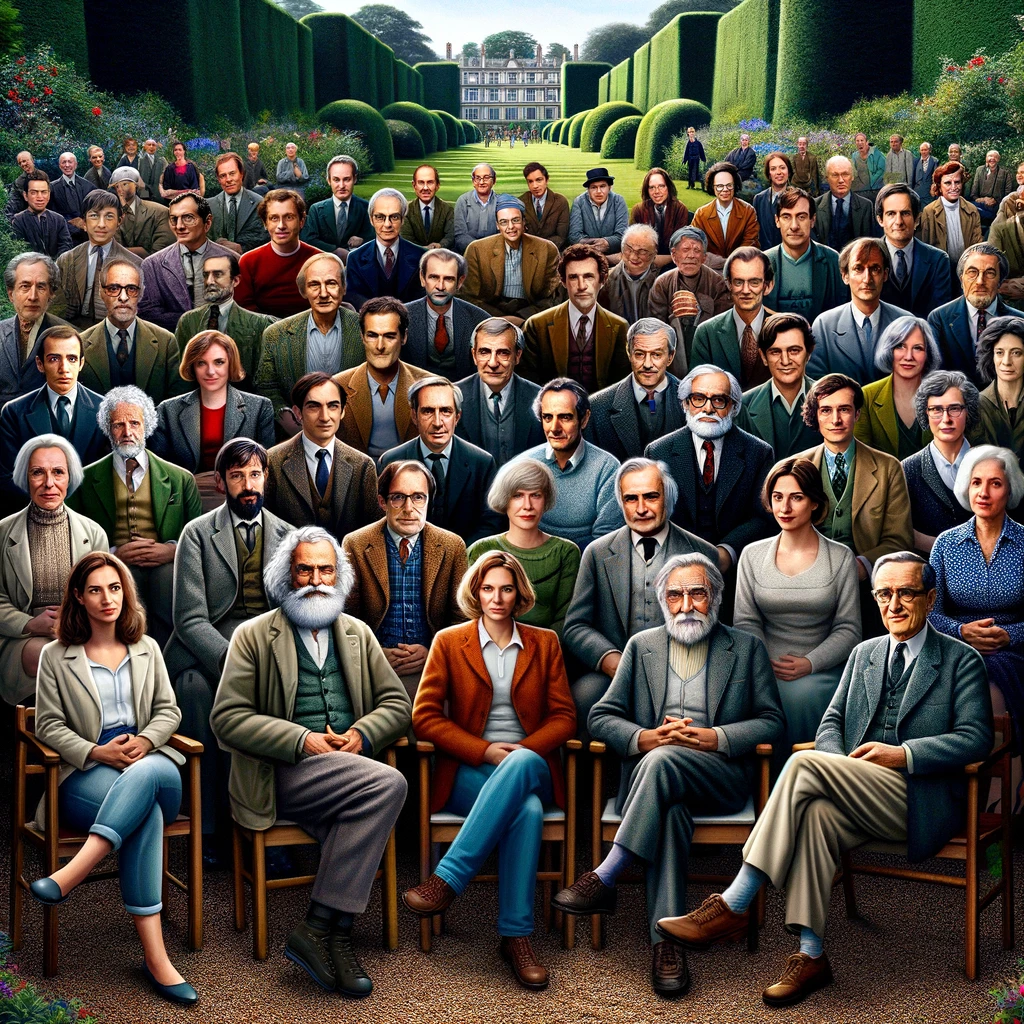
20th Century Psychometrics
In the 20th century, early psychometricians played a key role in the development of related disciplines such as statistics and biometrics. They also revolutionized education by introducing increasingly refined testing procedures that enabled individuals to demonstrate their potential from an early age. Psychometrics required statistical and computational know-how, as well as data on a large scale, before its impact could be felt.
Today, we think of big data in terms of the technological revolution, but large-scale programs implementing the analysis of human data on millions of individuals date back to over 100 years ago in the form of early national censuses and military recruitment. These early scientists did not see their subject as just an interesting academic discipline; they were also fascinated by its potential to improve all our lives for the better. And indeed, in most ways it has, but it has been a long and rocky road—with many false starts, and indeed disasters, on the way. The study of psychometrics demands not just an evaluation of future potential and an applause for current successes, but also an ability to learn from history’s lessons. It is said that those who cannot remember the past are condemned to repeat it. Let us all make sure that this does not happen, but rather that we can bring about a future that sees human potential expand to the stars.
Evolution of 20th Century Psychometrics
Psychometrics, the science of psychological assessment, has traditionally been seen as an aspect of psychology. But its impact has been much broader. The scientific principles that underpin psychometrics apply equally to other forms of assessment such as educational examinations, clinical diagnoses, crime detection, credit ratings, and staff recruitment. The early psychometricians were equally at home in all of these fields. Since then, paths have often diverged, but have generally reunited as the importance of advances made in one context come to the attention of those in the others. Currently, great strides are being made in the application of machine-learning techniques and big data analytics—particularly in the analysis of the digital traces we all leave online—and these are beginning to have a significant impact across a broad range of applications. These are both exciting and disturbing times.
We experience psychometric assessment in many of our activities, for example:
- We are tested throughout our education to inform us, our parents, teachers, and policy makers about our progress (and the efficiency of teaching).
- We are assessed at the end of each stage of education to provide us with academic credentials and inform future schools, colleges, or employers about our strengths and weaknesses.
- We must pass a driving test before we are allowed to drive a car.
- Many of us need to pass a know-how or skills test to be able to practice our professions.
- We are assessed in order to gain special provision (e.g., for learning difficulties) or to obtain prizes.
- When we borrow money or apply for a mortgage, we must complete credit scoring forms to assess our ability to repay the debt.
- We are tested at work, when we apply for a promotion, and when we seek another job.
- Our playlists are analyzed to assess our music tastes and recommend new songs.
- Our social media profiles are analyzed—sometimes without our consent—to estimate our personality and choose the advertisements that we are most likely to click.
Assessment can take many forms: job interviews, school examinations, multiple-choice aptitude tests, clinical diagnoses, continuous assessment, or the analysis of our online footprints. But despite the wide variety of applications and manifestations, all assessments should share a common set of fundamental characteristics: They should strive to be accurate, measure what they intend to measure, produce scores that can be meaningfully compared between people, and be free from bias against members of certain groups. There are good assessments and bad assessments, and psychometrics is the science of how to maximize their quality.
John Rust (2020) excerpt from Chapter 1, Modern Psychometrics, 4th Edition